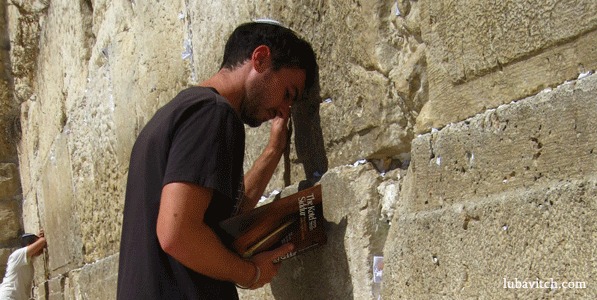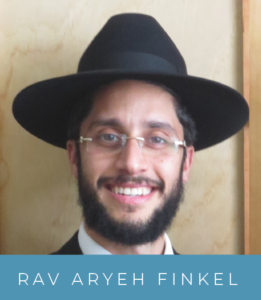Adapted from the writings of Dayan Yitzhak Grossman April 18, 2024 AP News reports: A…

Q&A from the Bais HaVaad Halacha Hotline
In Other Words
November 9, 2023
Q I cannot yet read or understand Hebrew well, so I have difficulty davening and saying Shma in the original. May I use English?

A The Shulchan Aruch (O.C. 62:2) rules that Shma may be read in any language, but the translation must be accurate. The same applies to brachos, birkas hamazon, kiddush, hallel, etc. (Mishnah Brurah ibid. 3).
Shmoneh esrei may be different: Prayers are conveyed to the heavens by malachim, so the malachim must be able to understand them, and the early poskim debate whether they understand languages other than Hebrew (O.C. 101:4). All agree that one may daven in any language if a minyan is present, because Hashem listens to tfilah betzibur directly, without angelic intercession (Mishnah Brurah ibid. 14).
Because the Holy Tongue was created by Hashem, it has inherent meaning, so one fulfills his obligation with Hebrew prayer even if he doesn’t understand what he’s saying. Other languages, by contrast, are only considered language inasmuch as the speaker understands his words (Biur Halacha 101:4). For the same reason, the Biur Halacha (62:2) suggests that another language may only be used in a locale where it is commonly spoken; if the locals don’t understand it, it isn’t language there. (If you’re abroad, read transliterated Hebrew if you can.) Others argue that an established language is valid anywhere.
Although other languages are valid, it would be best to learn to pray in Hebrew, because it is difficult to translate certain words precisely (Mishnah Brurah 62:3), and because embedded in Hebrew words are sublime secrets that invoke holy effects above (Biur Halacha 101:4).





